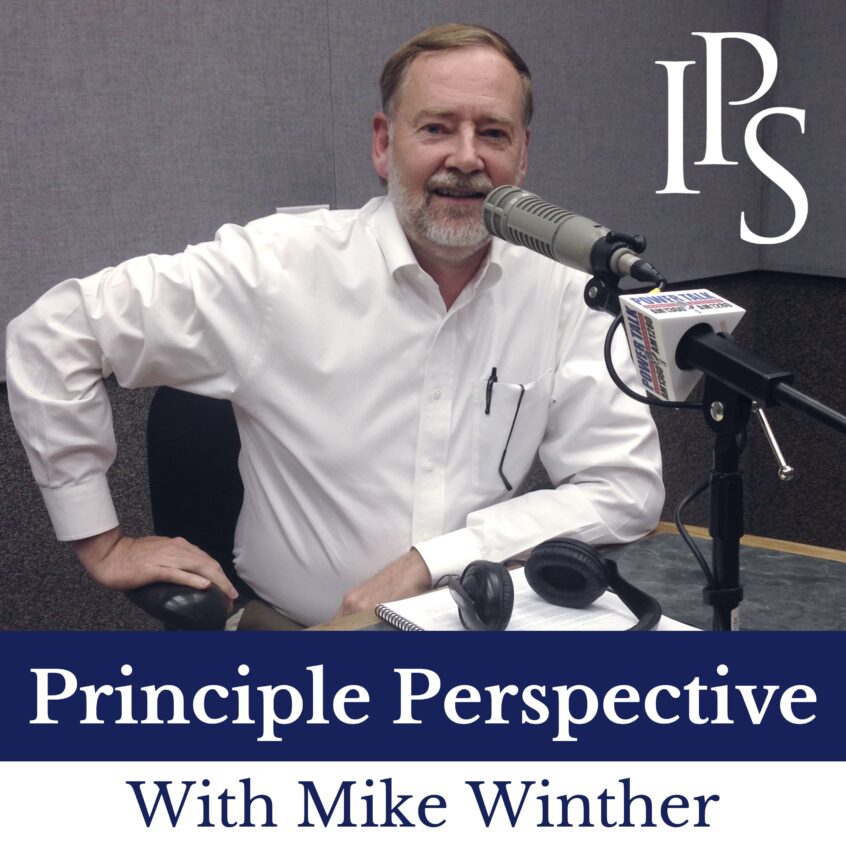LISTEN NOW
Welcome to Section 4a of Mike Winther’s continuing lecture series on the Biblical Principles of Government. In this segment, Mike embarks on an examination of Samuel Chapter 8, focusing on the events following the Israelites’ entry into the promised land, which was preceded by a significant 40-year period of wandering in the wilderness.
This period began after the Israelites sent spies to scout the land of Canaan, and, upon receiving a discouraging report, the majority chose not to trust in God’s promise. Contrarily, only two spies, Caleb and Joshua, remained optimistic and faithful to God’s guidance. Despite their positive report, the Israelites sided with the majority, leading to God’s decree that they would wander in the desert for 40 years until a new, faithful generation arose.
This lecture explores how, after finally entering the promised land, the Israelites experienced the period of the Judges, marking a shift towards a decentralized form of government. Mike highlights how scripture offers both spiritual lessons and insights into governmental principles, illustrating the times of righteous judges and kings. The discussion raises a critical question: Which form of government did God prefer? The answer, as Mike reveals, is found in Samuel 8.
Throughout the series, Mike shares numerous examples of scriptural passages that reflect political statements. He delves into the negative consequences of monarchical rule, the benefits of decentralized power, and strategies to limit the expansion of government. This episode promises to be an eye-opener, shedding light on the intricate relationship between biblical teachings and governance.
You’ll Learn:
- [00:38] 1st Samuel chapter 8. The spies came back with a negative report and discouraged the children of Israel from wanting to take the Promised Land.
- [04:56] Caleb and Joshua were more optimistic because they knew they had got on their side.
- [05:45] 40 years later, they learned that the people they were going to attack were afraid of them because they had got on their side.
- [06:29] The period of the judges. This was a centralized government with a lot of leaders.
- [08:35] There were periods of time when certain judges ruled and the people were righteous. There were more years of righteousness than people doing what was right in their own eyes.
- [09:26] There are far more righteous judges listed in Hebrews than there were righteous kings.
- [12:16] The colonists declared independence from the King of England in 1776 and restored God as the real king.
- [15:05] Curses of bad government. The king will take your sons and make them serve. He will take your daughters, the best of your fields, and your vineyards. Also a tenth of your grain and your vintage.
- [19:41] No government would try to tax more than 9%.
- [21:21] There are a lot of passages of scripture that are actually political statements.
- [22:42] If you understand the sin nature of man you want decentralized power.
- [23:16] Civil government is bigger than it ought to be.
- [23:41] Ways to limit the expansion of government.
- [24:02] Understand the origins of rights and authority. God is the source of authority, we should go to scripture to find out what the government can and can’t do.
- [26:34] Good laws limit government. The horizontal separation of powers. Isaiah 3:22.
- [33:19] The chasm between ideals and reality.
- [35:22] What fuels the growth of government money and dependence.
- [38:31] We need a vision to not depend on the government.
- [39:55] We limit government by the watchful eye of the people.
- [40:10] Public Choice Theory analyzes how the government grows.

